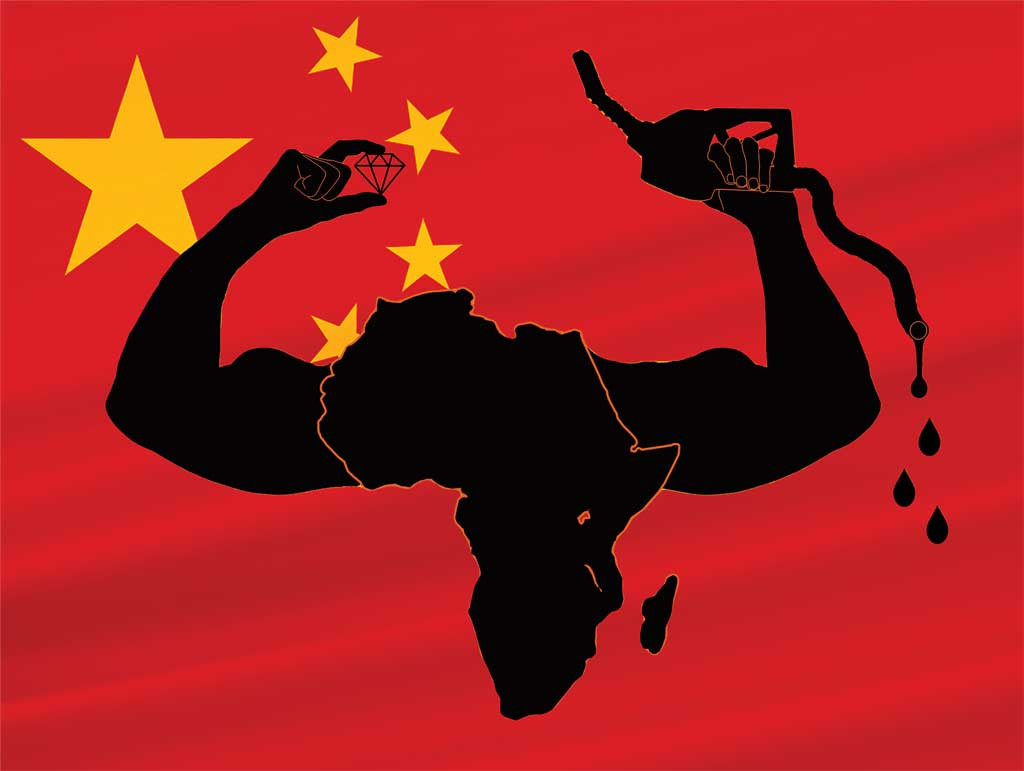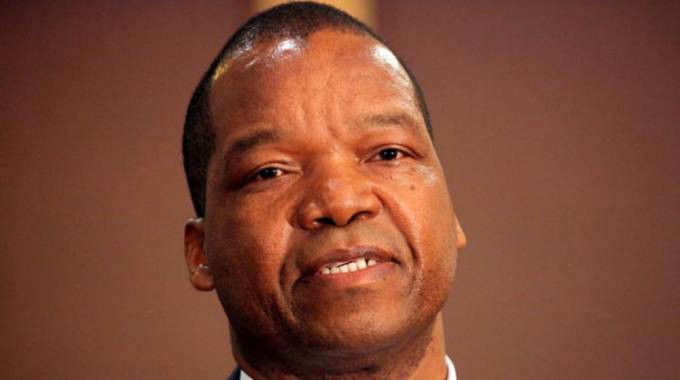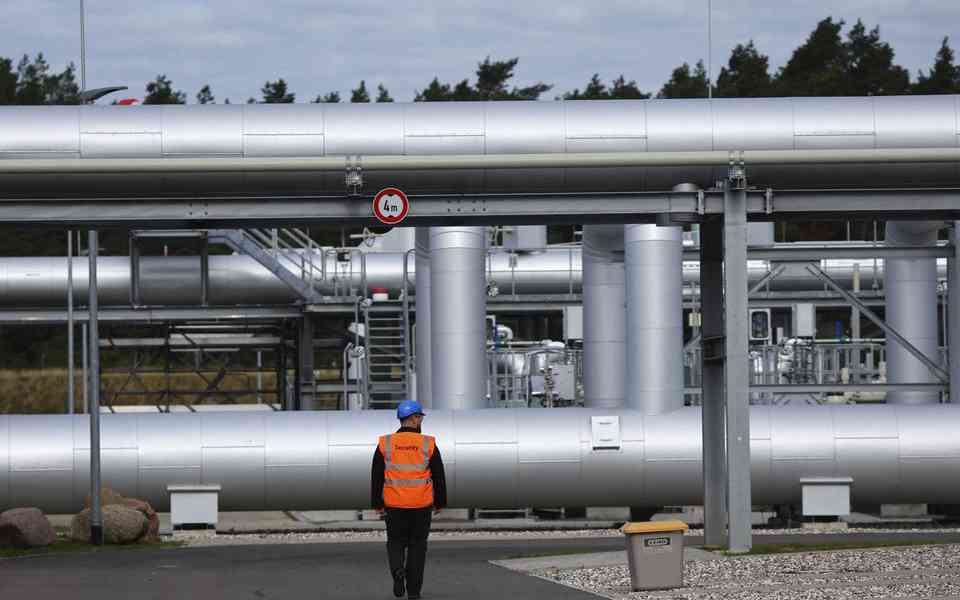
China's aggressive expansion into Africa's energy sector represents one of the most concerning examples of 21st-century resource exploitation, cleverly disguised behind a mirage of development partnerships and infrastructure promises.[1] As Beijing tightens its grip on the continent's vast energy reserves, African nations increasingly find themselves caught in what critics describe as a masterfully orchestrated campaign of economic colonialism that threatens to hollow out the continent's resource wealth.
The scale of China's energy empire in Africa has reached unprecedented levels. Through its state-owned behemoths like China National Petroleum Corporation (CNPC), China National Offshore Oil Corporation (CNOOC), and Sinopec, Beijing has methodically established control over critical energy resources across the continent.[2] These companies now collectively rank as the fourth-largest energy investors in Africa, trailing only behind Western giants BP, Shell, and Italy's Eni. However, unlike their Western counterparts who operate under strict international scrutiny, Chinese companies function with considerably less transparency and often employ questionable practices that would be unacceptable under Western regulatory frameworks.
The exploitation strategy follows a well-documented pattern. China offers seemingly attractive infrastructure loans to resource-rich African nations, only to later leverage these debts for preferential access to energy resources. This "debt trap diplomacy" has left numerous African nations in precarious positions. Countries like Angola (38%), Djibouti (47%), and the Republic of Congo (53%) now owe staggering portions of their national debt to China.[3] This financial stranglehold gives Beijing unprecedented leverage in negotiating access to energy resources and other strategic assets.
The East African Crude Oil Pipeline (EACOP) project perfectly illustrates China's opportunistic approach.[4] When Western and Japanese financiers withdrew from the $5 billion project due to environmental concerns, Chinese state banks swooped in, securing not just financial control but also ensuring Chinese companies received the lion's share of construction contracts. This pattern of stepping in when Western entities withdraw, often due to ethical or environmental concerns, has become a hallmark of China's Africa strategy.
Perhaps most alarming is China's domination of critical minerals essential for the global energy transition. In the Democratic Republic of Congo, which holds 70% of the world's cobalt reserves, Chinese companies now control an astounding 15 out of 19 major mines.[5] This near-monopoly on cobalt, crucial for electric vehicle batteries and renewable energy storage, gives Beijing unprecedented leverage over the global clean energy supply chain. The implications are severe. China now processes 80% of the world's cobalt, making it the gatekeeper for the global transition to clean energy.
The environmental and social costs of China's resource extraction are equally disturbing. Recent protests in the Democratic Republic of Congo highlight growing local resistance to illegal Chinese mining operations, with authorities investigating widespread illicit activities involving Chinese nationals.[6] These operations often bypass environmental regulations, fail to declare profits, and exploit local labor, creating a modern form of resource colonialism that benefits Beijing while leaving African communities impoverished and their environments degraded.
China's financial practices in Africa's energy sector operate under a shroud of opacity. The China Development Bank and EXIM Bank of China have poured billions into African energy projects. $29.7 billion toward power generation capacities and $9.3 billion for transmission networks but these investments often come with hidden terms and conditions that create long-term dependency. Unlike Western aid, which typically includes transparency requirements and environmental standards, Chinese loans often lack these crucial safeguards.
The consequences of defaulting on Chinese loans are large over African nations. The specter of asset seizures, as demonstrated by China's acquisition of Sri Lanka's Hambantota Port, raises serious concerns about the long-term sovereignty of Africa's energy resources and infrastructure. In Uganda, concerns over the potential loss of Entebbe Airport due to Chinese loan conditions serve as a stark warning about the risks of Chinese financing.[7]
- The brains behind Matavire’s immortalisation
- Red Cross work remembered
- All set for inaugural job fair
- Community trailblazers: Dr Guramatunhu: A hard-driving achiever yearning for better Zim
Keep Reading
While China portrays its presence as mutually beneficial development assistance, the reality reveals a more predatory relationship. Beijing's rapid pivot to African resources intensified as it sought to reduce dependency on Middle Eastern oil, viewing Africa as a more manipulatable source of energy security. The continent's vast reserves of minerals including 90% of the world's cobalt and platinum, half its gold, two-thirds of manganese, and 35% of uranium reserves have made it an irresistible target for China's resource appetite.
The future implications of China's energy empire in Africa are profoundly disturbing. As the global competition for clean energy resources intensifies, Beijing's control over critical minerals positions it to dominate the renewable energy transition. This influence extends beyond mere economic advantage. It represents a strategic threat to global energy security and technological advancement. With 87% of U.S. lithium-ion batteries currently sourced from China, the vulnerability of global supply chains becomes apparent.
China's strategic positioning in Africa's energy sector also has significant geopolitical implications. Through its Belt and Road Initiative (BRI), China has created a network of dependent states across Africa, using infrastructure debt as leverage to secure political support in international forums. This influence extends to military presence, with China establishing its first overseas military base in Djibouti and planning another in Equatorial Guinea, both nations heavily indebted to Beijing.
For Africa, the cost of China's energy empire grows more severe each day. While some African leaders initially welcomed Chinese investment as an alternative to Western development funding, many now recognize the exploitative nature of these arrangements. The promise of rapid development has instead delivered a new form of resource colonialism, leaving African nations with depleted resources, mounting debts, and compromised sovereignty.
[1] https://www.downtoearth.org.in/africa/areas-in-africa-with-more-chinese-backed-projects-were-more-likely-to-experience-protests-77499
[2] https://nazk.gov.ua/en/oil-gets-even-darker-nacp-adds-the-three-largest-chinese-oil-and-gas-companies-to-the-list-of-international-sponsors-of-war/
[3] https://www.sciencedirect.com/science/article/abs/pii/S0014292121000945
[4] https://www.hrw.org/news/2024/11/27/china-state-bank-shouldnt-back-east-african-crude-oil-pipeline
[5] https://ssi.armywarcollege.edu/SSI-Media/Recent-Publications/Article/3938204/china-in-the-democratic-republic-of-the-congo-a-new-dynamic-in-critical-mineral/#:~:text=As%20a%20result%2C%20Chinese%20companies,best%20cobalt%20and%20copper%20sites.&text=In%20theory%2C%20the%20deal%20was,tremendous%20reserves%20of%20natural%20resources.
[6] https://www.bbc.com/news/world-africa-68273900
[7] https://www.reuters.com/markets/rates-bonds/china-rejects-allegations-it-may-grab-ugandan-airport-if-country-defaults-loan-2021-11-29/#:~:text=A%20parliamentary%20probe%20last%20month,of%20default%2C%20sparking%20public%20outrage.








